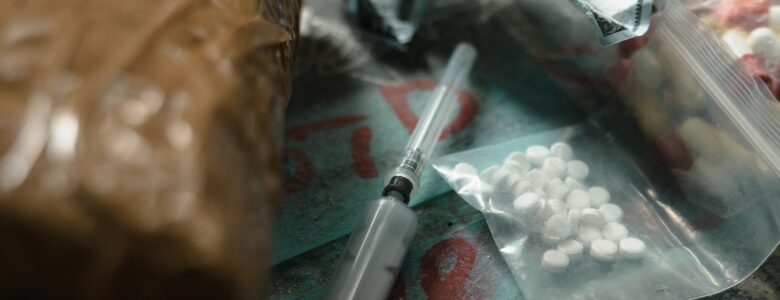What happens during drug dependence and what are the leading factors? There are in fact several factors which contribute to substance dependence, including societal, biological, environmental factors, age of first use, and family history, just to name a few. In this article however, the main focus will be the biological factor, more specifically, what happens in the human brain when someone makes use of substances.
Neurotransmitters: what are they?
First things first, the route of communication in the brain is through chemical messages also known as neurotransmitters. Drugs, including alcohol interfere with these neurotransmitters, which of course, might have a detrimental effect on the brain. One of these effects affect what is known as the pleasure/pain centres in the brain. Our brains have been wired through a long process of evolution and a will to survive, to wherever possible, maximise pleasure and minimise pain. Ultimately, this is an adaptive behaviour which is necessary for us to survive. Therefore, it is necessary to feel good while we eat, otherwise we might not find it necessary to do so. On the other hand, it is essential that we feel pain when we touch fire or a hot item, otherwise we would not be aware of imminent danger which would possibly be life threatening.
How do drugs affect the brain?
Drugs affect the brain by signalling the brain to create a high of pleasure leaving the person feeling temporarily confident, creative and amused. Of course, this artificial high will interfere with the brain’s natural reward system, including natural survival processes. It is fair to mention that not everyone who tries out a drug will end up becoming an addict, however, it is impossible to predict who is at more risk. Studies show that the more one uses drugs the more neurobiological changes than place inside the brain. Therefore, the best solution for this would be not to attempt drug use in the first place. After some time interfering with this pleasure/pain centre, together with drug withdrawals and the general consequences of drug use, it becomes increasing difficult to produce the same effect. Hence, the user would now need to up the dose of that drug or shift to a more potent drug and all of this, is to feel normal or pain free. The person who once sought drugs infrequently for bouts of temporary pleasure, is now making frequent, if not daily use of drugs to get rid of pain.
Moreover, the longer the person stays in the dependence stage, the harder it is for them to stop albeit not impossible. If a person however, decides that they will stop using their drug of choice and make use of another drug, they might risk entering the world of cross addiction or else a relapse.
Would occasional use be a good idea?
Some people who have had a hard time with drugs might tend to think that they will somehow learn to control their use and that they will resort to a strict schedule, where they will only make use of their drug of choice on the weekends or once a month. This is indeed rarely possible, over a long period of time. The reason behind this is that as long as a person keeps playing with fire, they are bound to get burnt. What works best seems to be total abstinence from both alcohol and drugs. As mentioned before, one drug can lead to another. You may have never had a problem with marijuana or alcohol, but if you start using them, you might 1. Get addicted to them or 2. Lead you back to your drug of choice. Furthermore, treatment is about learning new coping skills and adopting a new way of living. If a person wants to keep making use of some substances but others, would they be learning new skills and learn to live independently?
Process of addiction

Occasional use
- Drugs can be introduced by friends, family or romantic relationships. The person might also experiment for various reasons.
- The first few attempts at drug use are usually negative experiences.
- The user starts to believe that they are in control of their use and that they can still manage school, work, family life etc.
- Some people stay in this stage for a lengthy period of time.
Regular use
- The person actively searches for the drug and ensures that they have a steady supply for them use.
- Find it difficult to enjoy a social occasion or deal with life stressors without it.
- May start to drop out and isolate themselves.
Dependence
- At this stage, substances have become a significant part of someone’s life.
- Activities which the person enjoyed before are no longer enjoyable.
- Financial and legal difficulties might come in which force the user to beg, steal or illegally make money to feed their addiction.
- Lie to family members and loved ones about their whereabouts and their activities.
- Users can also deny that there is a problem.
Of course, with drug and alcohol use there are several risks and consequences. We can agree that the worse scenario is indeed death, were the person is not granted a second chance to try again, attempt a rehabilitation program, focus on the positives and enjoy a healthy and sane life. Overdoses can be intended or unintended.
It is never too late to seek help. Recovery is a tough journey, it requires hard work, trust, communication and a strong support system but these are all worth it. Additionally, the first step is always the hardest, yet if the first step does not happen, there cannot be the second, the third and the fourth.
The OASI foundation can offer this help. If you or a loved one are going through this difficult journey, reach out to our foundation and we will together discuss what help we can offer to deal with the hardships and pain of an addiction.


